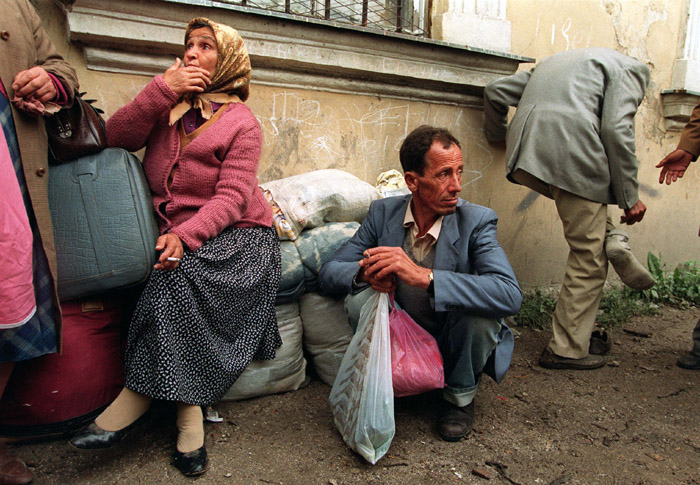
Muslim refugees from Banja Luka arrive in Travnik during the Bosnian War, July 7, 1993. Photo by Mikhail Evstafiev via Wikimedia Commons.
By Kathie Friedman
Since I joined the faculty at the Jackson School in 2000, I’ve been teaching courses on immigration, ethnic and religious group relations, and refugees. After completing a project about the adult children of former Soviet Jews in the United States, in 2002 I started to interview refugee survivors from the 1992-95 Bosnian war.
Initially, I put aside my questions about memories of ethnic cleansing and the war itself. I was more interested in learning about how refugees from such extreme ethno-religious violence were assimilating into multicultural America. However, the refugees always started with war stories; frequently there was anger, tears, and silences. So much of my early research was like “witnessing.” It was frequently grim and demoralizing. I wasn’t certain then where the interviews would lead me or what I would learn.
Starting over after so much loss is hard, and even in the United States, a place of relative safety and refuge, there is not nearly enough toleration for refugees. After years of interviews with the refugees and later their adult children, I understand where their stories led me. As we face new refugee crises from ongoing wars of extreme ethno-religious intolerance and persecution, I’ve learned from Bosnian refugee families the importance of a welcoming country.
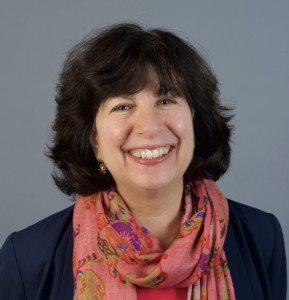 Prof. Kathie Friedman is at work on a new book about immigration, tentatively titled The Afterlife of Ethnic Cleansing: Bosnian Refugee Identity and Belonging in America. This past year she spoke at two Neighborhood House panels about the Syrian refugee crisis and Seattle’s current immigrant population. Prof. Friedman will give the University Lectures at Temple Beth Am in March 2017; details coming soon.
Prof. Kathie Friedman is at work on a new book about immigration, tentatively titled The Afterlife of Ethnic Cleansing: Bosnian Refugee Identity and Belonging in America. This past year she spoke at two Neighborhood House panels about the Syrian refugee crisis and Seattle’s current immigrant population. Prof. Friedman will give the University Lectures at Temple Beth Am in March 2017; details coming soon.
Editor’s note: This article appeared in the “Tolerance Roundtable” section of the Stroum Center’s Jewish Studies Impact Report, Fall 2016. View the entire report here.
Links for Further Exploration
- “Teaching the Politics of Migration” by Oded Oron (Jan. 2017)
- “Is Toleration Possible in a Liberal Society?” by Michael Rosenthal (Jan. 2017)
- “Jews, Muslims, and the Limits of Tolerance” by Devin E. Naar (Nov. 2016)
- “The Limits of Tolerance” – Roundtable Introduction by Noam Pianko (Nov. 2016)
- “A Jewish Historian’s Plea for Global Refugees” by Mika Ahuvia (Sep. 2015)

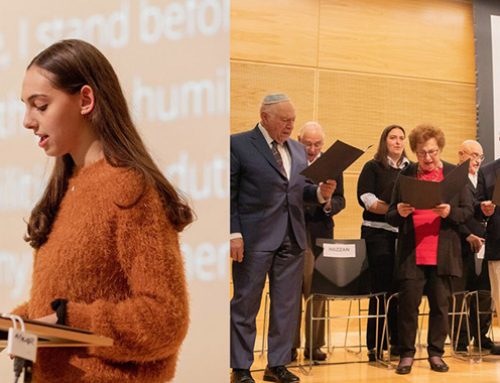
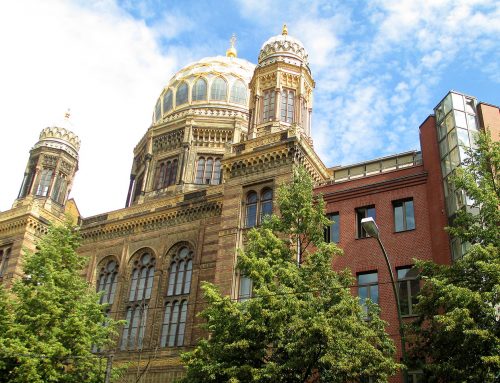
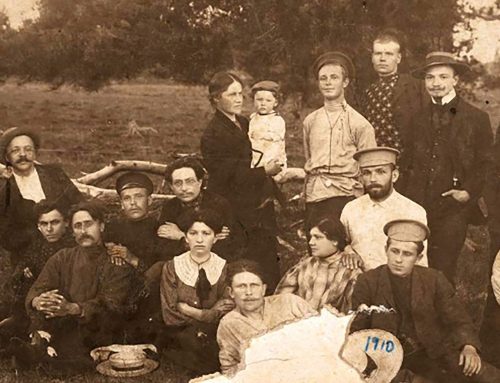
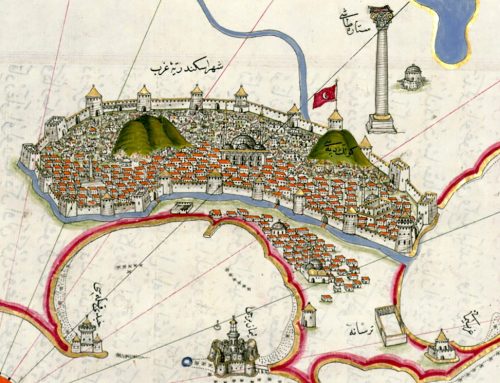
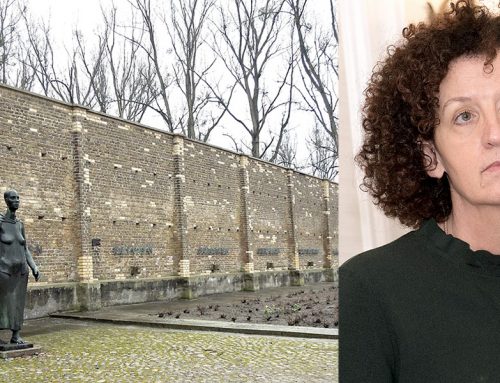
I hope the this problem can be quickly solved